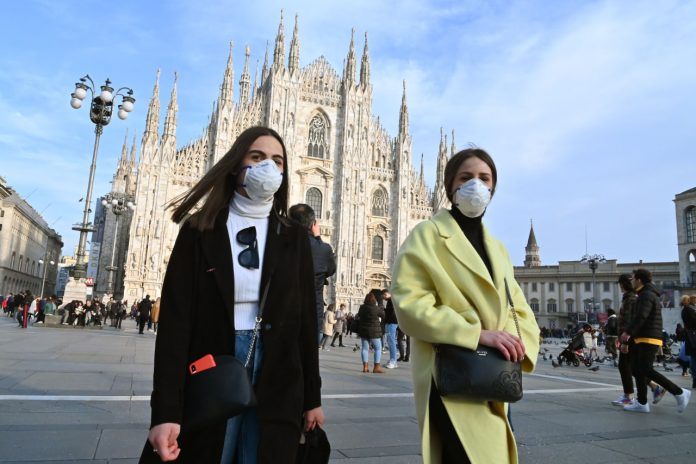Italy’s decision to abstain from voting on the World Health Organisation’s (WHO) inaugural global pandemic agreement has drawn sharp rebukes, reigniting scrutiny over Prime Minister Giorgia Meloni’s contentious public health record, according to Euractiv.
The abstention, announced on 20 May, places Rome alongside Russia, Iran, and Israel in withholding support for the accord, which seeks to strengthen international cooperation on pandemic prevention and response.
In a statement justifying its position, Italy emphasised “the primacy of national sovereignty” in health governance and welcomed assurances that the agreement would not empower the WHO to enforce measures like travel bans, mandatory vaccinations, or lockdowns.
Critics, however, argue the move reflects a pattern of appeasing anti-science factions domestically. Democratic Party leader Chiara Braga condemned the abstention as isolating Italy to cater to “domestic anti-science factions,” while M5S health spokesperson Andrea Quartini labelled it “deeply irresponsible” for a nation with the highest COVID-19 mortality rate in Europe during the peak of the pandemic.
The decision echoes earlier controversial policies under Meloni’s administration. In late 2022, her government repealed COVID-19 vaccination mandates for healthcare workers and reinstated unvaccinated staff, a move experts decried as an “anti-science amnesty.” In 2024, it abolished €100 fines for unvaccinated individuals over 50, citing “economic inefficiency” and legal hurdles.
Matteo Bassetti, a prominent infectious disease specialist, warned the abstention sends “not a good one” as a signal, particularly given Italy’s fragile healthcare infrastructure, a system strained by decades of underfunding and staffing shortages.
